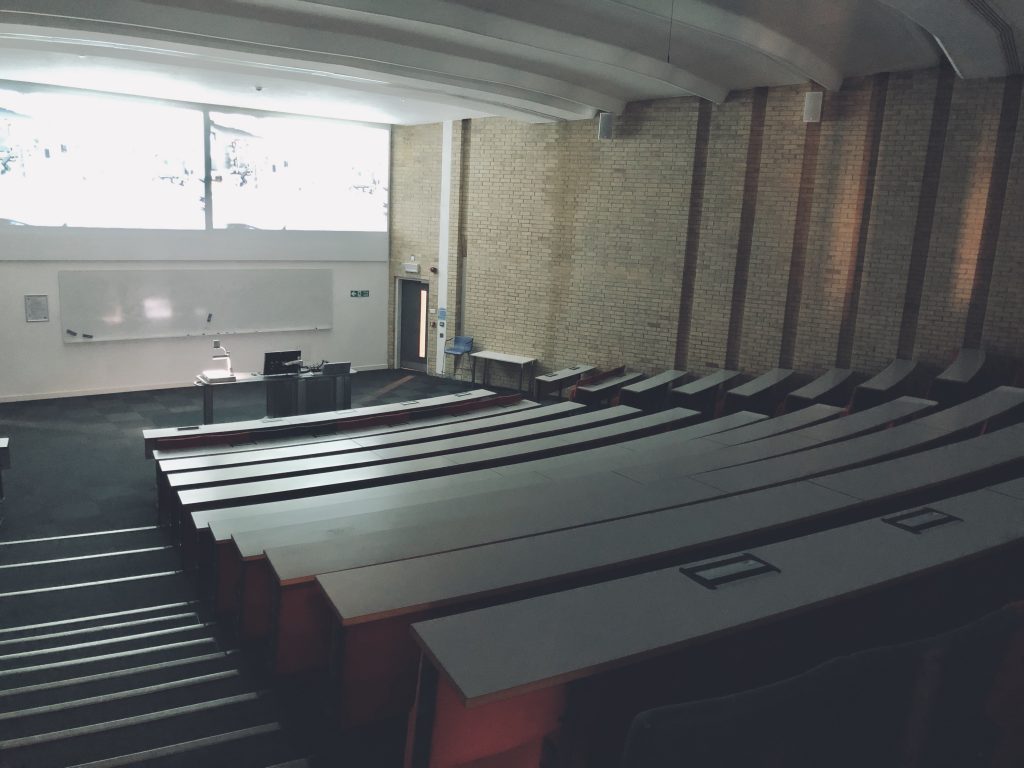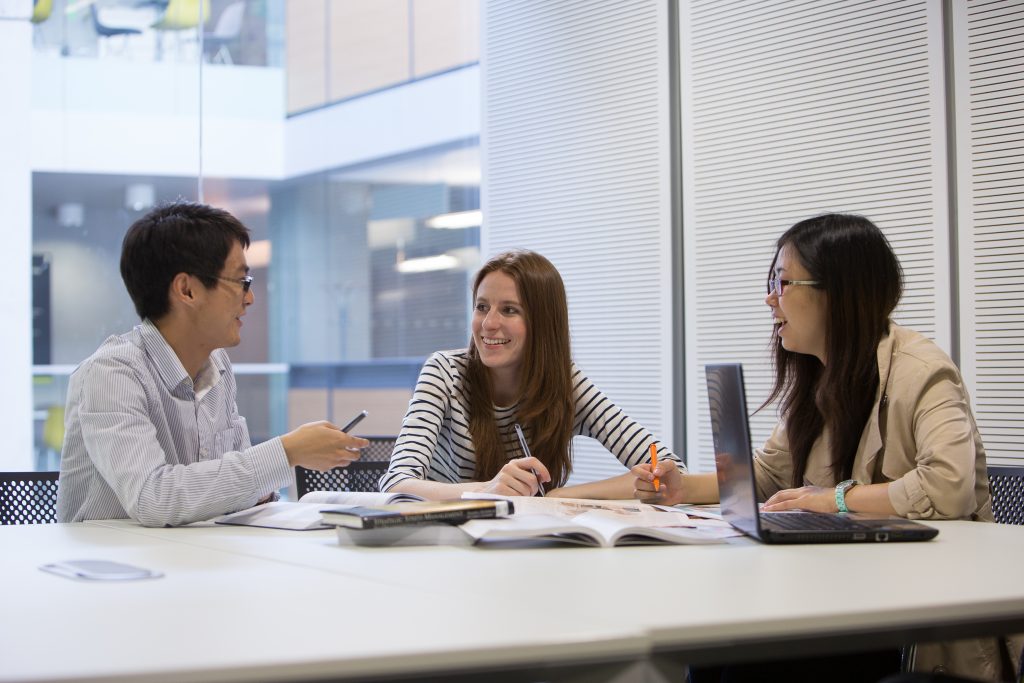By Hannah (Student blogger: BA Hons Advertising and Marketing)

If you know me, I am the person you would least expect to be writing a blog post related to finance at university. Previous shopaholic combined with an expensive taste in coffee, I have definitely been taken in by the sudden surge of financial freedom in the past two years of being at university and have not saved or spent in the best way.
Having just turned 21 however and entering my final year in Lancaster, I’ve decided I need to start taking money seriously. I’m not promising these tips and habits are going to be ground-breaking BUT they definitely will help me, and hopefully some of you, be better at controlling your finances this year.
- Use a Monzo card
They’re free and simple to apply for with no additional interest. I’ve recently set up my own Monzo bank account to run alongside my student bank account and it’s probably the best thing I’ve done for my money. Once you’ve signed up they send you a card and you have access to their online banking app which notifies you IMMEDIATLEY every time you spend ANYTHING as well as a total of how much you’ve spent that day: amazing guilt reminder. I like to use it to set limits on my daily or weekly budget. (AND if you convince a friend to download it, you both get £5 for free!)
- Instant coffee
I love Caffe-Nero, Costa, Starbucks and all the local cosy coffee shops in Lancaster but I think last year my addiction to store bought coffee got a little out of hand. I’m not saying to cut out your syrupy, frothy (or smooth), amazing barista-made coffee completely but maybe save it for once or twice a week when you can fully enjoy it and not just out of habit or caffeine need. You can also get some really cute reusable coffee cups for those early morning 9ams where instant coffee will do just fine.
- Food-shopping
I’m all for collecting nectar points and I love an innocent smoothie (the one on offer of course), but now Lidl has opened in town there’s literally no reason why I wouldn’t choose to cut my food shopping bill SIGNIFICANTLY. Also, I’m going to try shopping little and often to avoid wasting food.
- Eating out
If you don’t already have UNIDAYS – download it now! Studentbeans and the student’s union purple card additionally all offer a % off you food bill if you eat out on specific days in some restaurants so choose wisely! I think its important to not deprive yourself of socialising and eating out but being smart about it with discounts is definitely the way forward.
- Cut your problem area
This one is my most drastic change in spending, but I’ve decided to do a no-spend-on-clothes until after Christmas. Identify your problem area and COMMIT. Also I found it useful to identify what fuelled my clothes spending and want to cut that too: for example, I’ve stopped watching clothes hauls on YouTube, and planning on walking through town past the shops a lot less.
- Multiple income channels
When I was researching how to improve finances and build savings, nearly all the advice blogs and videos mentioned multiplying your income channels: essentially having more than one way of getting money. As well as my student loan and scholarship, I’ve decided to increase my hours at my part time job and am in the process of being a student ambassador. The University always has one off and flexible ways of earning a little extra income so even if its to pay for Christmas presents, plan-ahead and multiply those income channels!
- Take a photo, make a list
This is my oldest tip and habit but if you are in a shop and really want something you don’t NEED, take a photo or write it down. Chances are 50% of the time you will forget about it before you even get home. If you can go a week or month and still want it then allow yourself to go back and get it.
All in all I am as much as a beginner at saving, budgeting and financial planning as anyone else but being realistic these are the habits I hope to use at least this term so I can start building savings and not worry every time I pay for something hoping my card isn’t declined! Remember your WHY and REASONS for saving and it makes that Frappuccino or Topshop sale a lot less appealing. At the same time, university gives you a sense of financial freedom so as much as I encourage you to be sensible and plan, be prepared to be realistic and have fun, not obsessing over every last penny.



 by Klaudia (Student Blogger: BBA Hons International Business Management)
by Klaudia (Student Blogger: BBA Hons International Business Management)